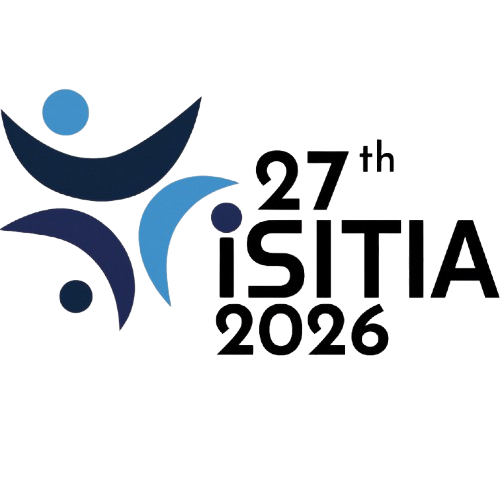Prof. Kenichi Okada
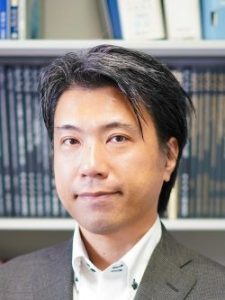
Institute of Science Tokyo, Tokyo, Japan (formerly Tokyo Institute of Technology)
Abstract
<to be announced>
Biography
<to be announced>

Institute of Science Tokyo, Tokyo, Japan (formerly Tokyo Institute of Technology)
<to be announced>
<to be announced>
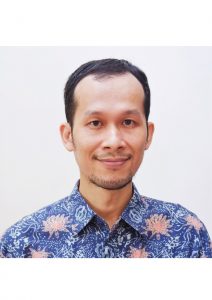
Institut Teknologi Sepuluh Nopember, Indonesia
<to be announced>
<to be announced>
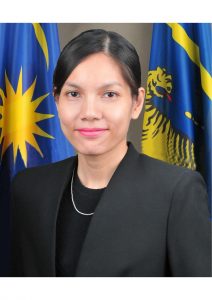
Universiti Malaya
<to be announced>
<to be announced>
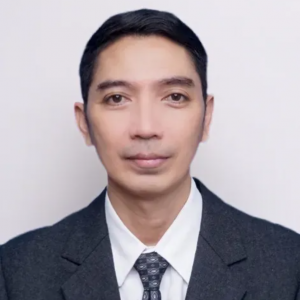
Universitas Udayana
<to be announced>
Ngurah Indra ER is an Assistant Professor at the Electrical & Computer Engineering Department, Udayana University, Bali, Indonesia, in the Telecommunications and Multimedia Networks Group. He completed his PhD at the Institute Mines-Telecom (IMT) Atlantique (formerly Telecom Bretagne), Rennes Campus, France, in the Network Systems, Cyber Security and Digital Law Department, while also affiliated to the IRISA Laboratory. He completed his M.Sc in Communications Engineering from the University of Birmingham, the UK, in 1999 and his B.Eng in Telecommunication Engineering from Sepuluh November Institute of Technology (ITS) Surabaya, Indonesia, a year earlier. His current research interests include Internet of Vehicles (IoV), Vehicular Networks, Internet of Things (IoT), and Smart City Data Collection.
15 December 2025
Paper Submission Open
31 March 2026
First Paper Submission Ended
24 May 2026
Acceptance Notification
22 June 2026
Due: Final Manuscript Submission and Early-bird Registration
29 June 2026
Regular Registration
15 December 2025
Paper Submission Open
31 March 2026
First Paper Submission Ended
24 May 2026
Acceptance Notification
22 June 2026
Due: Final Manuscript Submission and Early-bird Registration
29 June 2026
Regular Registration
This site uses cookies. Find out more about cookies and how you can refuse them.
